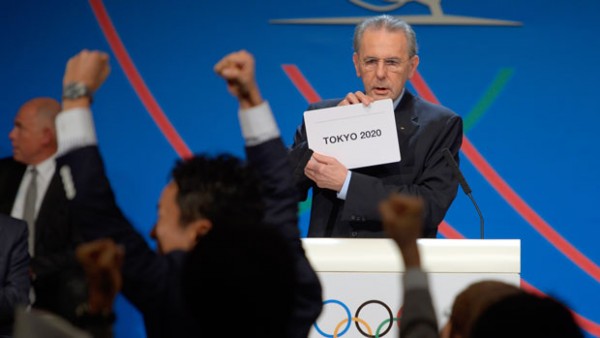Even though Tokyo was the only host city among the three finalists (Madrid, Istanbul as well) to have already hosted a Summer Olympics in the past, the IOC decided to go with the safe choice in terms of financial and political stability, ignoring the unknown threat of the nation mishandling the Fukushima radiation aftermath.
Madrid tried to build support on a few things that turned out to be negligible: The successful history of Spain hosting these sort of events, with the Barcelona Summer Olympics from 1992 considered to be a marquee event in the history of the city and the Olympics – a very successful event, that also helped turn the city into one of the hot spots in European tourism over the last 20 years.
There was also the factor of somehow causing some sort of stimulant in the decaying Spanish economy, but the voters felt that even with existing facilities, the Madrid option wasn’t good enough, and that city fell first in the preliminary voting, with Tokyo receiving 42 votes, while Madrid and Istanbul got 26 each. In the tiebreaker, Madrid lost to the Turkish city by 4 votes.
In Istanbul, the push and focus was on the bridge between East & West and bringing the event for the first time ever to an Islamic nation. But this is the fifth time out of the last six selections in which Istanbul has been nominated and turned down, joined by Budapest (five times) and Detroit (seven times) as the record holders of rejections.
The political unrest and the doping scandal sealed the fate of the city in terms of getting enough votes, as Tokyo one the decider by a landslide, receiving 60 votes to Istanbul’s 36.
The 1964 Olympics in Tokyo were perceived as a symbol for a nation finally stepping out of the World War II shadows and placing itself at the forefront of global technology and advancement. South Korea did something similar in 1988 with the Seoul Summer Olympics. After another Nuclear disaster, thanks to its superior infrastructure, it seems like Tokyo has a chance to show the world it’s gotten over it once more.

